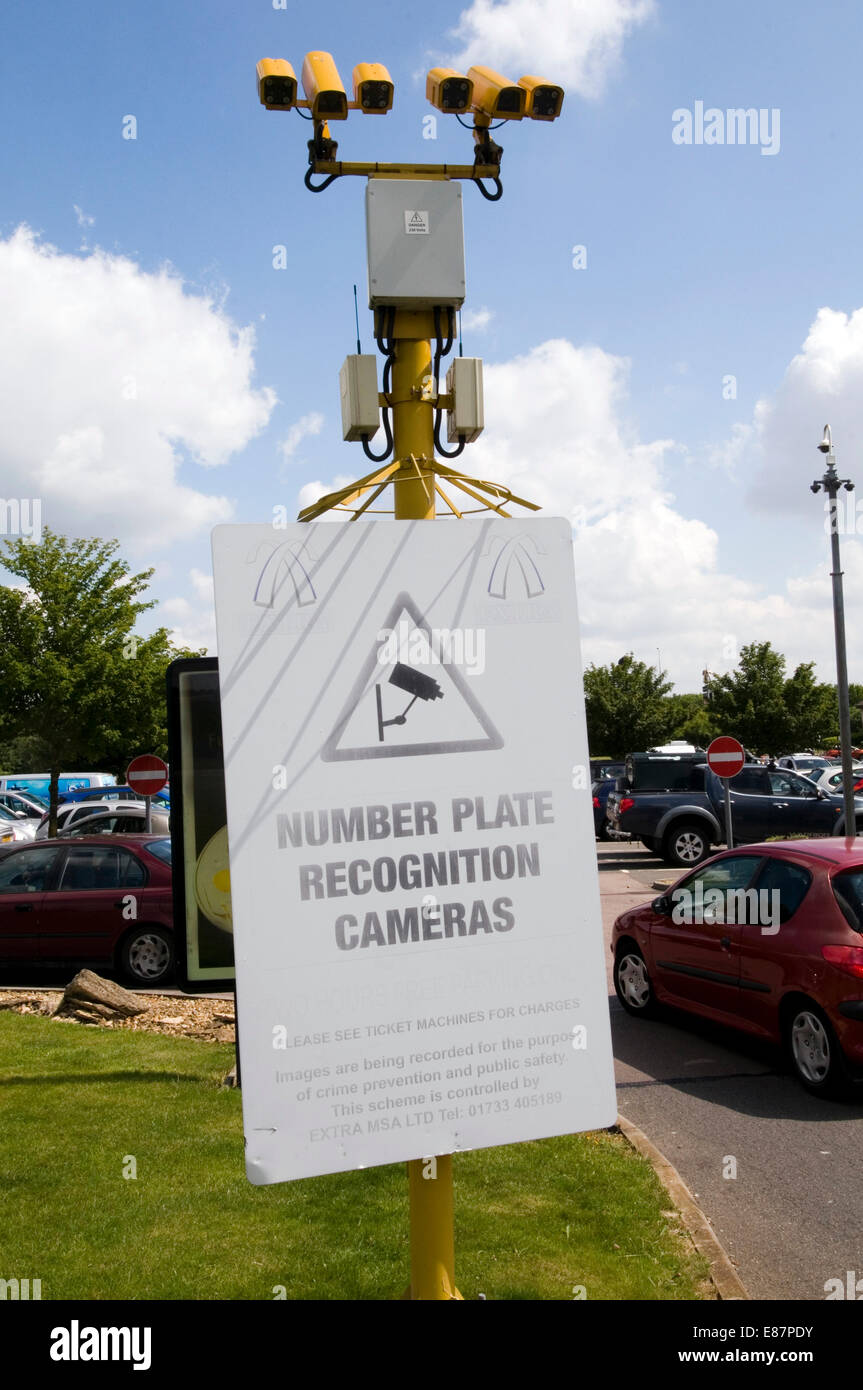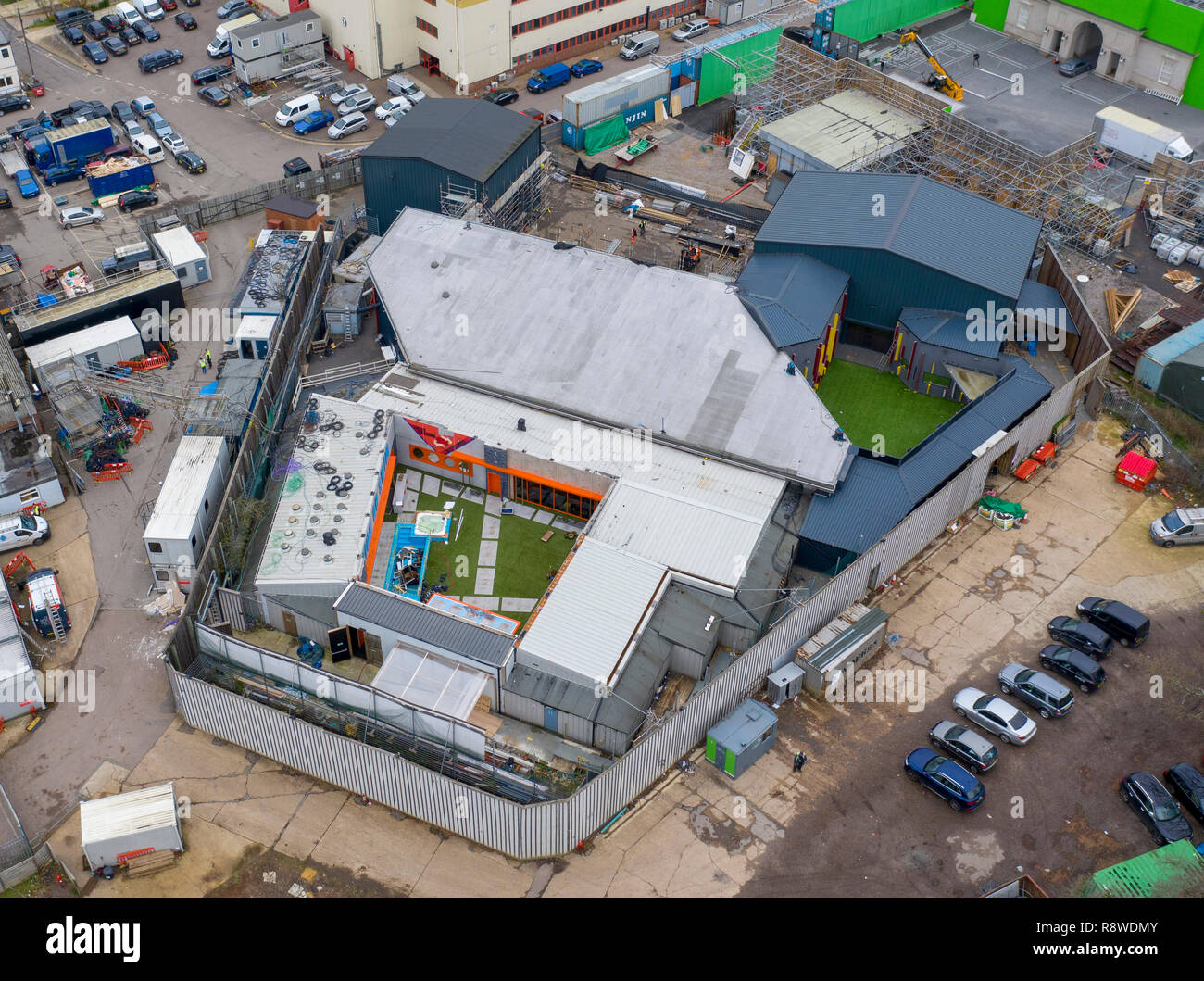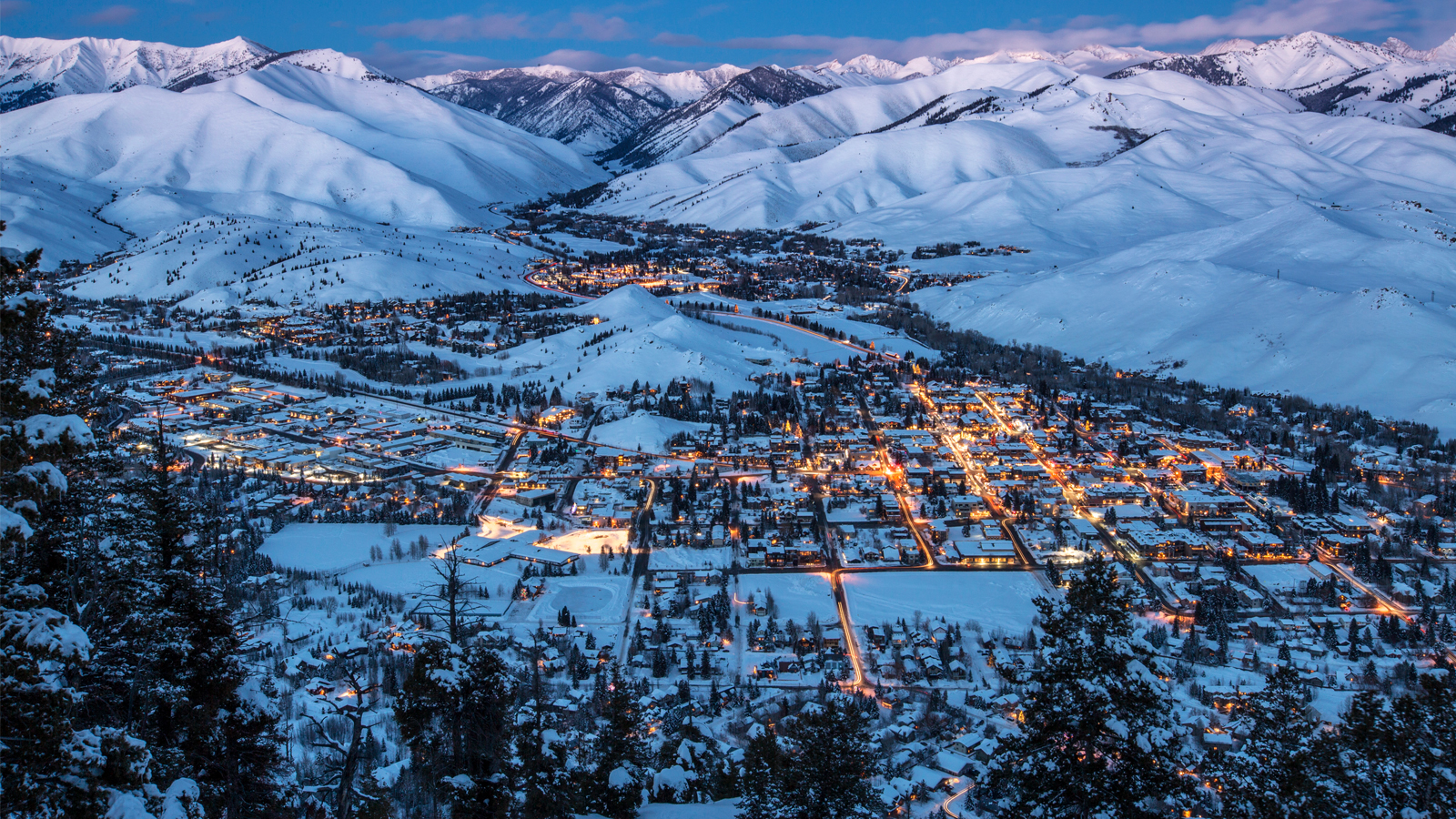Big Brother on the Block: Street Parking and the Rise of Traffic Cameras

We’ve all been there. You’re late for work, running on fumes and a prayer, and the only parking spot in sight is a tiny sliver on a busy street. You pull in, hoping for the best, and pray you won’t be the victim of a dreaded parking ticket. But what if Big Brother himself was watching, not just for your parking prowess, but for your every move? Welcome to the world of street parking with traffic cameras, a reality that’s increasingly becoming the norm in cities across the globe.
Cameras, Cameras Everywhere:
Related Articles: Big Brother on the Block: Street Parking and the Rise of Traffic Cameras
- Park Like A Rockstar: Your Guide To Florida’s Luxury Parking Scene
- Covered Parking In Arizona: A Guide To Finding The Perfect Solution For Your Needs
- Dover, Delaware: More Than Just A Stop On The Way To The Beach
- Broncos Country, Let’s Ride! Your Guide To Denver Broncos Game Parking
- Beyond The Usual Suspects: Unveiling Arkansas’s Hidden Parking Gems
These ubiquitous surveillance systems are no longer just a futuristic dystopian fantasy. They’re becoming as common as potholes and overflowing trash cans. Traffic cameras, initially designed to monitor traffic flow and catch reckless drivers, have evolved into a multi-faceted tool, including enforcement of parking regulations. It’s a game-changer, especially for cities battling congestion and struggling to keep their streets safe and organized.
From Red Light Runner to Parking Offender:
Think of it this way: If you’ve ever been caught running a red light, you’ve likely experienced the wrath of a traffic camera. But now, these cameras are also the watchful eyes of the parking enforcement gods. They’re constantly scanning the streets, recording every infraction, from double parking to parking in a designated loading zone. This means no more relying on the old-fashioned "parking cop" who might be too busy to catch every transgression. The cameras are always on, always watching, and they don’t take breaks for lunch.
The Good, the Bad, and the Pixelated:
The introduction of traffic cameras in street parking scenarios has sparked a wave of both praise and criticism. Some hail it as a revolutionary step towards safer and more organized cities. Others see it as an invasion of privacy, a constant reminder that we’re being watched, even when we’re just trying to find a place to park our car.
The Good:
- Enforcing the Rules: Traffic cameras are incredibly effective at enforcing parking regulations. They don’t get tired, they don’t get distracted, and they don’t accept bribes. This means a fairer system for everyone, with less opportunity for favoritism or bias.
- Safer Streets: By deterring illegal parking, cameras help to create safer streets, allowing for smoother traffic flow and easier access for emergency vehicles. Imagine a fire truck trying to navigate a street choked with illegally parked cars – it’s a recipe for disaster.
- Reduced Congestion: By cracking down on parking violations, cameras help to reduce congestion and make it easier for everyone to get around. No more circling the block for hours, just to find a spot that’s barely big enough for your car.
- Increased Revenue: Let’s be honest, cities need money to operate. The fines collected from traffic camera violations can provide a much-needed boost to city budgets, funding important projects and services.

The Bad:

- Privacy Concerns: The ever-present gaze of traffic cameras raises serious privacy concerns. Are we being watched too closely? What happens to all the data collected by these cameras? These are questions that need to be addressed, and clear guidelines need to be established to protect individual privacy.
- Potential for Abuse: There’s always the potential for abuse when it comes to technology. Could these cameras be used to target certain individuals or communities unfairly? Could they be used for purposes beyond traffic enforcement? These are legitimate concerns that need to be carefully considered.
- The "Gotcha" Factor: The "gotcha" factor is a real issue for many drivers. They feel like they’re constantly being watched, and that a single mistake could lead to a hefty fine. This can create a sense of anxiety and resentment, making people feel like they’re being unfairly targeted.
- Over-Enforcement: There’s a risk of over-enforcement when it comes to traffic cameras. What happens when the cameras are overly sensitive, issuing tickets for minor infractions that don’t actually pose a safety risk? This can lead to a system that feels unfair and punitive.

The Pixelated:
The debate over traffic cameras in street parking scenarios is far from settled. There are strong arguments to be made on both sides. Ultimately, the decision of whether or not to implement such a system is a complex one, with no easy answers. It’s a balancing act between the need for safety and order, and the right to privacy.
FAQ: Street Parking with Traffic Cameras
Q: How do traffic cameras work for street parking enforcement?
A: Traffic cameras typically use a combination of technology, including:
- Image Recognition: Cameras can recognize license plates and compare them to a database of registered vehicles.
- Sensors: Sensors can detect when a vehicle is parked in a restricted area, such as a fire lane or a loading zone.
- AI: Artificial intelligence can be used to analyze images and identify parking violations, such as double parking or parking too close to an intersection.
Q: What happens if I get a parking ticket from a traffic camera?
A: If your vehicle is caught on camera violating parking regulations, you will likely receive a notice in the mail. This notice will usually include a photograph of your vehicle, the location of the violation, and the date and time of the offense. You will have the opportunity to contest the ticket if you believe it was issued in error.
Q: Can I appeal a parking ticket issued by a traffic camera?
A: Yes, you can usually appeal a parking ticket issued by a traffic camera. The process for appealing a ticket will vary depending on your city or jurisdiction. You will need to provide evidence to support your appeal, such as a photograph or a statement from a witness.
Q: How can I avoid getting a parking ticket from a traffic camera?
A: The best way to avoid getting a parking ticket from a traffic camera is to follow the rules of the road. This means parking in designated areas, obeying parking signs, and avoiding double parking or parking in restricted zones. It’s also a good idea to be aware of the locations of traffic cameras in your city and to avoid parking in areas where they are present.
Q: Are traffic cameras an invasion of privacy?
A: This is a complex question with no easy answer. Some people believe that traffic cameras are an invasion of privacy, while others believe that they are necessary to ensure public safety and order. The debate over privacy vs. security is ongoing, and there is no one-size-fits-all solution.
Q: What are the ethical considerations of using traffic cameras for parking enforcement?
A: The use of traffic cameras for parking enforcement raises several ethical considerations, including:
- Transparency: It’s important for cities to be transparent about how they use traffic cameras and to ensure that they are not being used for discriminatory purposes.
- Accountability: There needs to be a system in place to hold city officials accountable for the use of traffic cameras and to ensure that they are being used fairly and ethically.
- Privacy Protection: Strong privacy protections need to be in place to safeguard the personal data collected by traffic cameras.
Q: What is the future of traffic cameras in street parking enforcement?
A: The use of traffic cameras for street parking enforcement is likely to continue to grow in the future. As technology advances, cameras will become even more sophisticated and effective at identifying parking violations. This means that drivers will need to be more vigilant than ever about following the rules of the road.
Conclusion:
The rise of traffic cameras in street parking scenarios is a trend that’s here to stay. It’s a double-edged sword, offering both benefits and drawbacks. While cameras can help to create safer and more organized cities, they also raise concerns about privacy and potential for abuse. The key is to find a balance between the need for order and the right to privacy, ensuring that technology is used responsibly and ethically. As we navigate this evolving landscape, it’s crucial to stay informed and engage in constructive dialogue about the implications of this technology. After all, the future of street parking, and the future of our cities, may well depend on it.

Closure
Thus, we hope this article has provided valuable insights into Big Brother on the Block: Street Parking and the Rise of Traffic Cameras. We thank you for taking the time to read this article. See you in our next article!

